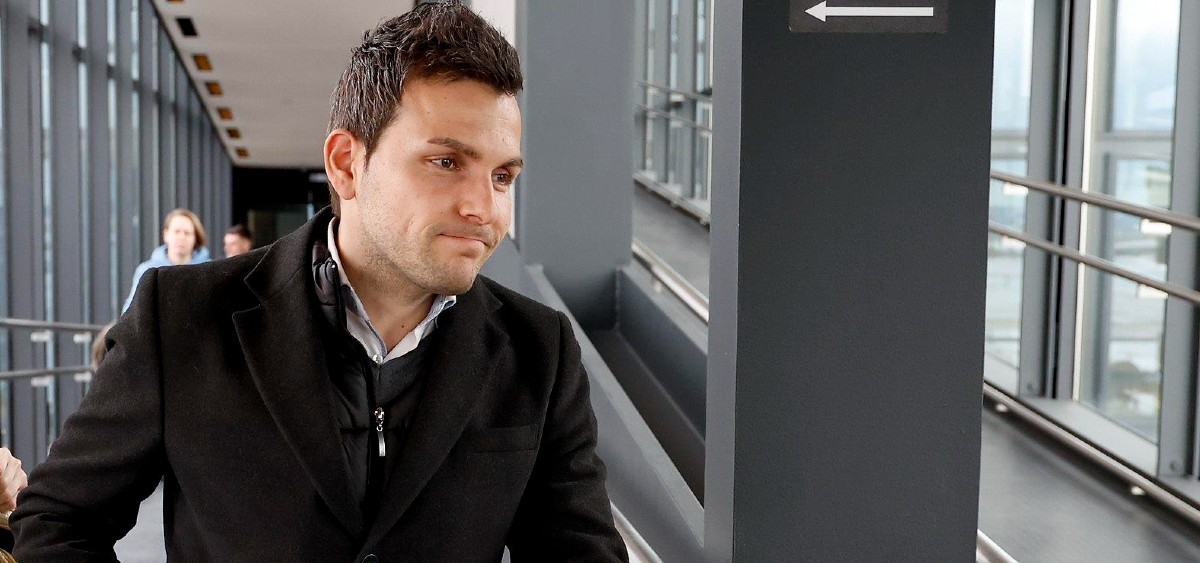Three years after launching the European Coronavirus Recovery Plan, the European Commission has transferred nearly €225 billion in subsidies and loans to member states. Although the impact on economic growth has so far been less than expected, the Commission is convinced that the plan has already paid off and will give the economy a significant boost very quickly.
Vice President Valdis Dombrovskis made an interim assessment on Wednesday of the recovery plan: “It has succeeded in its original ambition to help member states recover more quickly from the harsh social and economic impact of the pandemic.” Now that the Corona page has been turned, it is believed that the plan will contribute to strengthening Europe's economic resilience and the green and digital transformation.
The core of the coronavirus recovery plan is the Recovery and Resilience Facility, which makes up to €338 billion in grants and €385 billion in loans available to member states for investment, with a focus on the green transition and digitalisation. In order to get money from the fund, governments had to develop a national recovery plan, with a set of reforms and investments, measured by milestones and targets.
Three years later, nearly €225 billion had been disbursed (€144 billion in support and €80.2 billion in loans). Member states received €67 billion of this amount in advance financing after approving their national plan. Together, they have achieved 1,153 of the 6,266 milestones and goals so far, which amounts to about 18 percent.
The Southern Member States, the Fund's main exponents and beneficiaries, achieve the best results. Italy, Spain and Croatia have achieved the most and have already received three to four tranches from the fund, as have Greece and Portugal, among others. μ
Belgium is lagging behind
Belgium is a different story. The national plan was approved in June 2021 and our country has since received more than €900 million in advance funding, but no further payments have been made.
The first application was finally submitted in September last year, but six months later all stages had not been validated by the Commission. This includes the much-discussed pension reform, but also milestones related to the administrative system for managing accounting and auditing.
The government hopes that everything will be completed this spring. Ireland, Hungary, the Netherlands, Poland, Sweden and Finland also did not receive any money after pre-funding for various reasons.
This is one of the reasons why the impact on economic growth was less than expected. For example, depending on the model used, European funds could have achieved an additional growth of 0.4 to 0.8% in 2022, when it was initially hoped to double that growth. This has to do with slower-than-expected payments, but also with high inflation and the fact that not all loans are being used, Dombrovskis explained.
The Vice President expects faster implementation to lead to greater impact in the coming years. By the end of 2024, Member States will have achieved more than half of the milestones, worth an additional €100 billion. By 2026, the plan could generate an additional 1.4% economic growth.
Trust in a moment of crisis
The Commission also insists that the plan boosted financial markets' confidence in the European recovery at a time of unprecedented crisis and avoided economic fragmentation in the single market.
In contrast to the financial crisis, public investment has remained flat during the pandemic and energy crisis. It rose from 3.0 percent of GDP in 2019 to 3.3 percent last year. According to the Commission, about half of the expected growth in public investment from 2019 to 2025 will come from European financing.
Defense as a new goal
The recovery plan runs until 2026. There are already proposals to postpone the deadline for the payment or add a defense component to the plan, following REPowerEU (a European proposal to reduce dependence on Russian fossil fuels) at the time. of the energy crisis, but the Commission encourages Member States to focus on implementing the current plan. “I recommend not investing political capital in postponing the deadline, but investing this capital in identifying new common resources to achieve common goals, such as defense of course,” European Commissioner for the Economy Paolo Gentiloni said.
Free unlimited access to Showbytes? Which can!
Log in or create an account and never miss a thing from the stars.

“Total coffee specialist. Hardcore reader. Incurable music scholar. Web guru. Freelance troublemaker. Problem solver. Travel trailblazer.”

:format(jpeg):fill(f8f8f8,true)/s3/static.nrc.nl/bvhw/wp-content/blogs.dir/114/files/2021/11/trujilo-vierkant.png)





More Stories
European stock markets are expected to open lower.
Bosman transfers the company to the Finns.
Belgian businessman saves Flemish stores from collapsing fashion chain Scotch & Soda